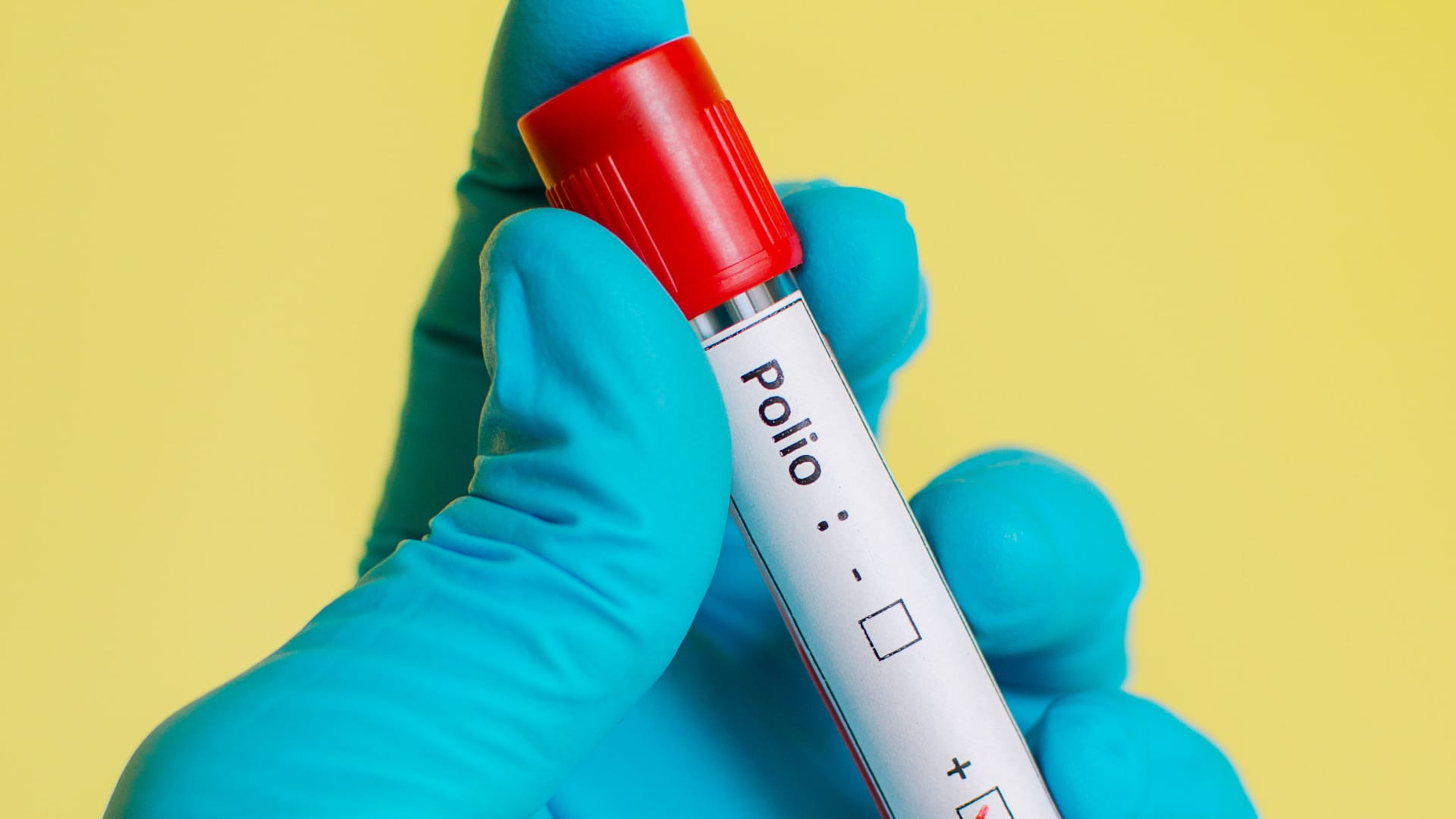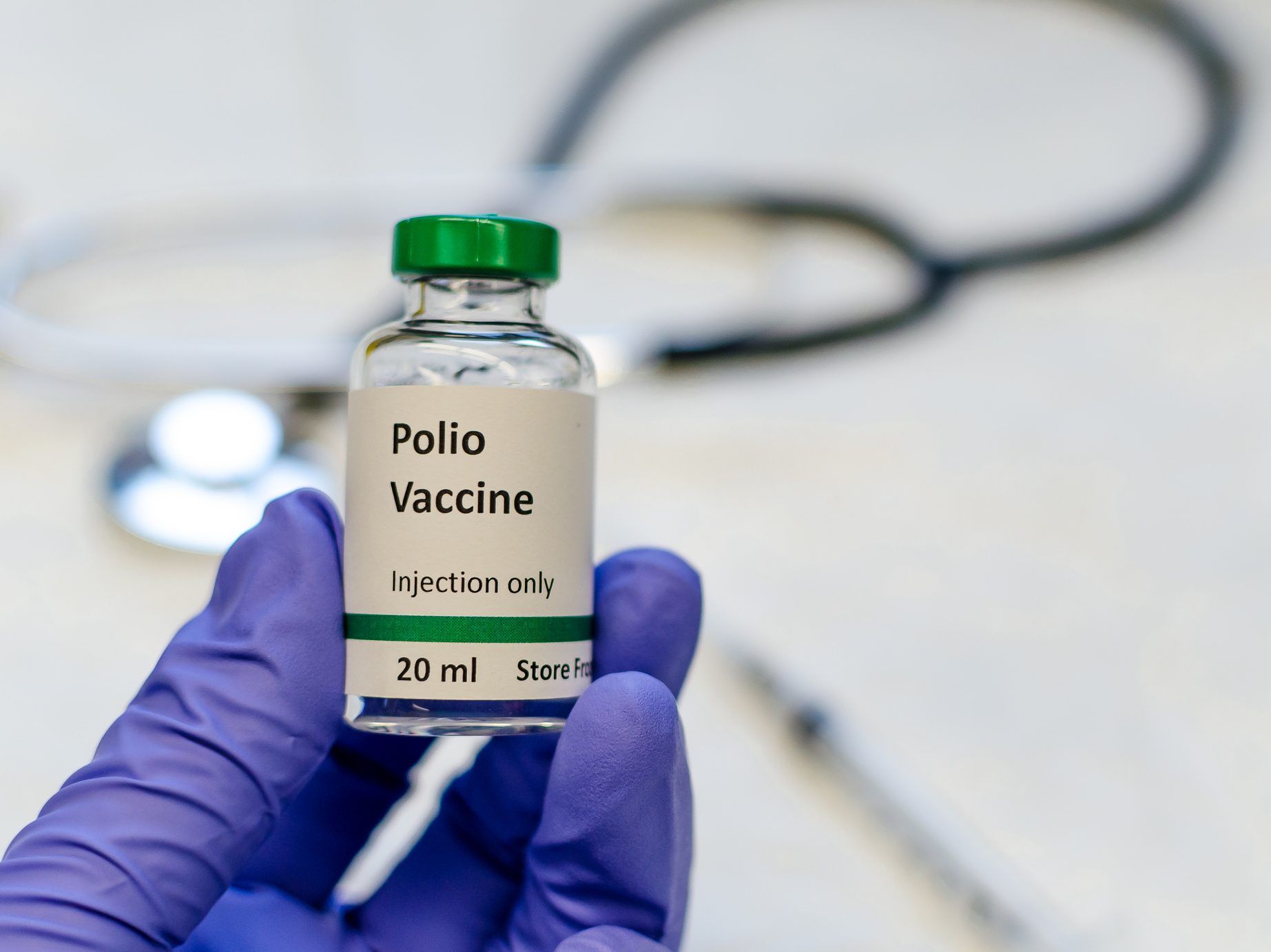COVID-19 'Pandemic'
- Thread starter Ocean Breeze
- Start date
You are using an out of date browser. It may not display this or other websites correctly.
You should upgrade or use an alternative browser.
You should upgrade or use an alternative browser.
I have had covid classic in early 2021. I had a bad cold this spring which may have been covid but I didn't bother testing since symptoms were mild.Just get it over with.
Well, ya need to get New Covid. It's new and improved, with 30% more Covid!I have had covid classic in early 2021. I had a bad cold this spring which may have been covid but I didn't bother testing since symptoms were mild.
My sister did. Probably 3 different variants.You wont get it 3 times.
Yup. I am not particularly concerned. I do get the flu shot each year. I am not opposed to a covid boster from time to time if it covers the new variants (much like the annual flu shot). But I am not going to get a booster for a shot I have already had 3 shots for the same virus.Flus went around too.
The Canadian federation of Bartenders would like to have a word with you....Its time to give up on shots.
If a flu shot makes sense, so do covid variant specifics added to flu shots. Its endemic now.
I dont do beer shots and only sip scotch.The Canadian federation of Bartenders would like to have a word with you....
What?! What kind of Canadian is that?!?I dont do beer shots and only sip scotch.
Where are you right now? We need to get you into training.....
Sigh. This ... THIS is what happens when the 'Rocky' series is a free download...Defending champs dont train.
A bad cold with mild symptoms?I have had covid classic in early 2021. I had a bad cold this spring which may have been covid but I didn't bother testing since symptoms were mild.
The odd margarita on a summer day never hurts .I dont do beer shots and only sip scotch.
Bad in the fact it lasted about a week. Cold symptoms are usually not that severe.A bad cold with mild symptoms?
Vaccine-preventable illnesses return as inoculation declines
Author of the article:Liz Braun
Publishing date:Sep 18, 2022 • 15 hours ago • 3 minute read • 20 Comments
While the world was busy with COVID-19, childhood vaccinations declined due to lockdowns, school closures and reduced access to health care.
While the world was busy with COVID-19, childhood vaccinations declined due to lockdowns, school closures and reduced access to health care. PHOTO BY FILE PHOTO /Getty Images
New York recently declared a state of emergency over evidence that polio is spreading in communities.
CNBC reports Gov. Kathy Hochul will ramp up polio vaccinations now that New York City and four counties — Rockland, Orange, Sullivan, and Nassau — have poliovirus in their sewage samples.
Polio is highly contagious and can lead to paralysis and death.
The seriousness of the polio outbreak (in the U.S. and elsewhere) cannot be overstated. High vaccine coverage is crucial.
Canada has not had a case of polio in more than 25 years, and the polio vaccine is part of every child’s standard immunizations.
Well-known Ottawa physician Nili Kaplan-Myrth said it’s alarming to see the resurgence of polio, “something that should never have happened,” but added that Canadians still have a robust level of vaccination.
While the world was busy with COVID-19, childhood vaccinations declined due to lock-downs, school closures and reduced access to health care.
The alarm bells began to sound over this as polio outbreaks began in a handful of countries.
The World Health Organization and UNICEF issued warnings about the situation.
AP reported in July that 25 million kids world-wide missed their routine vaccinations because of COVID.
“This is a red alert for child health,” said Catherine Russell, UNICEF’s Executive Director.
Numbers fell in Canada, too, especially among younger children.
Fortunately, said Dr. Kaplan-Myrth, family doctors, pediatricians, nurses and public health agencies are all working fast to catch up.
Three generations of routine childhood vaccination have left a populace largely unfamiliar with the damage that can be done by so-called “childhood” illnesses.
For example, children unvaccinated against whooping cough (pertussis) can die of it.
The complications of mumps include encephalitis, deafness and orchitis — an inflammation of one or both testicles that can cause infertility.
Babies born to women who contracted Rubella (German measles) in the first trimester of pregnancy have profound medical issues.
“We need to ensure people get all their childhood vaccinations, for measles, mumps, rubella, tetanus, pertussis and polio,” said Kaplan-Myrth.
“They are all important.”
They’re also required for school entry.
We are very fortunate here in Canada, added Kaplan-Myrth.
“We’ve never had to worry that our children would die from polio or meningitis. We are so lucky to have these vaccines.”
Vaccines are not just for little kids.
Kids in Grade 7 or Grade 8 are routinely given a Hep. B, HPV and meningitis vaccine. Adults need a tetanus shot every 10 years, and some need pneumonia and shingles vaccines.
“This is preventative health care. Vaccines are a basic measure that are extremely helpful and important.”
Yes, there are pockets of unvaccinated people, “but they’re still a minority.”
The “freedom” rhetoric that sprang up around the COVID-19 vaccines is concerning and must not happen around childhood immunization.
Canadian politician Pierre Poilievre, for example, promises people in a Twitter video, “the freedom to make your own health and vaccine choices.”
The anti-vaccine misinformation that sprang up around COVID was considered a serious enough threat to public health that early in 2022, then-health minister Christine Elliott urged the College of Physicians and Surgeons in Ontario to discipline doctors accused of spreading disinformation.
More than 40 doctors were investigated.
But the way life-saving vaccines became a political blunt object pre-dates COVID.
It was traced in a recent New York Times article to the 2014 “Disneyland Outbreak” of measles in California and the discovery that at least 45% of those infected (of about 150 people) were unvaccinated.
State legislators tried to do away with “personal belief” exemptions as a way to get vaccination rates back up; that — with the help of social media — was the start of a change in anti-vaccine rhetoric.
It went from notions of medical harm to children to what David Broniatowski of George Washington University calls the “don’t-tell-me-what-to-do freedom movement.”
“Vaccines are not about politics,” stated Kaplan-Myrth. “They’re about saving lives.”

 nytimes.com
nytimes.com

 apnews.com
apnews.com

 cnbc.com
cnbc.com

 torontosun.com
torontosun.com
Author of the article:Liz Braun
Publishing date:Sep 18, 2022 • 15 hours ago • 3 minute read • 20 Comments
While the world was busy with COVID-19, childhood vaccinations declined due to lockdowns, school closures and reduced access to health care.
While the world was busy with COVID-19, childhood vaccinations declined due to lockdowns, school closures and reduced access to health care. PHOTO BY FILE PHOTO /Getty Images
New York recently declared a state of emergency over evidence that polio is spreading in communities.
CNBC reports Gov. Kathy Hochul will ramp up polio vaccinations now that New York City and four counties — Rockland, Orange, Sullivan, and Nassau — have poliovirus in their sewage samples.
Polio is highly contagious and can lead to paralysis and death.
The seriousness of the polio outbreak (in the U.S. and elsewhere) cannot be overstated. High vaccine coverage is crucial.
Canada has not had a case of polio in more than 25 years, and the polio vaccine is part of every child’s standard immunizations.
Well-known Ottawa physician Nili Kaplan-Myrth said it’s alarming to see the resurgence of polio, “something that should never have happened,” but added that Canadians still have a robust level of vaccination.
While the world was busy with COVID-19, childhood vaccinations declined due to lock-downs, school closures and reduced access to health care.
The alarm bells began to sound over this as polio outbreaks began in a handful of countries.
The World Health Organization and UNICEF issued warnings about the situation.
AP reported in July that 25 million kids world-wide missed their routine vaccinations because of COVID.
“This is a red alert for child health,” said Catherine Russell, UNICEF’s Executive Director.
Numbers fell in Canada, too, especially among younger children.
Fortunately, said Dr. Kaplan-Myrth, family doctors, pediatricians, nurses and public health agencies are all working fast to catch up.
Three generations of routine childhood vaccination have left a populace largely unfamiliar with the damage that can be done by so-called “childhood” illnesses.
For example, children unvaccinated against whooping cough (pertussis) can die of it.
The complications of mumps include encephalitis, deafness and orchitis — an inflammation of one or both testicles that can cause infertility.
Babies born to women who contracted Rubella (German measles) in the first trimester of pregnancy have profound medical issues.
“We need to ensure people get all their childhood vaccinations, for measles, mumps, rubella, tetanus, pertussis and polio,” said Kaplan-Myrth.
“They are all important.”
They’re also required for school entry.
We are very fortunate here in Canada, added Kaplan-Myrth.
“We’ve never had to worry that our children would die from polio or meningitis. We are so lucky to have these vaccines.”
Vaccines are not just for little kids.
Kids in Grade 7 or Grade 8 are routinely given a Hep. B, HPV and meningitis vaccine. Adults need a tetanus shot every 10 years, and some need pneumonia and shingles vaccines.
“This is preventative health care. Vaccines are a basic measure that are extremely helpful and important.”
Yes, there are pockets of unvaccinated people, “but they’re still a minority.”
The “freedom” rhetoric that sprang up around the COVID-19 vaccines is concerning and must not happen around childhood immunization.
Canadian politician Pierre Poilievre, for example, promises people in a Twitter video, “the freedom to make your own health and vaccine choices.”
The anti-vaccine misinformation that sprang up around COVID was considered a serious enough threat to public health that early in 2022, then-health minister Christine Elliott urged the College of Physicians and Surgeons in Ontario to discipline doctors accused of spreading disinformation.
More than 40 doctors were investigated.
But the way life-saving vaccines became a political blunt object pre-dates COVID.
It was traced in a recent New York Times article to the 2014 “Disneyland Outbreak” of measles in California and the discovery that at least 45% of those infected (of about 150 people) were unvaccinated.
State legislators tried to do away with “personal belief” exemptions as a way to get vaccination rates back up; that — with the help of social media — was the start of a change in anti-vaccine rhetoric.
It went from notions of medical harm to children to what David Broniatowski of George Washington University calls the “don’t-tell-me-what-to-do freedom movement.”
“Vaccines are not about politics,” stated Kaplan-Myrth. “They’re about saving lives.”

The Anti-Vaccine Movement’s New Frontier (Published 2022)
A wave of parents has been radicalized by Covid-era misinformation to reject ordinary childhood immunizations — with potentially lethal consequences.

25 million kids missed routine vaccinations because of COVID
About 25 million children worldwide have missed out on routine immunizations against diseases like diptheria, tetanus and pertussis.

New York declares state of emergency over polio to boost low vaccination rates
Health officials said everyone who is unvaccinated should receive their shots immediately. Some New Yorkers should also receive a single, lifetime booster dose.

BRAUN: Vaccine-preventable illnesses return as inoculation declines
While the world was busy with COVID-19, childhood vaccinations declined due to lockdowns, school closures and reduced access to health care.
The simple answer there is DON"T FORCE IT DOWN PEOPLE"S THROATS!!!The “freedom” rhetoric that sprang up around the COVID-19 vaccines is concerning and must not happen around childhood immunization.
The FASTEST way to turn people away from vaccines is demand they MUST take them on pain of law. And children are NOT required to take it to go to school, there has always been an exclusion for religious OR MORAL reasons. In other words, if you don't want your kid to take it because you think it's bad and you're willing to sign to that effect then fine.
There will always be a small number of people who for whatever reason decide they don't trust the vaccines. Fine. We do NOT need 100 percent vaccination to fight off a disease or illness. Let them go, and everyone else will look at them like they're a weird fringe crackpot group. But if you demand it and then it turns into a public fight you'll see exactly what we saw with covid and FOR NO GOOD REASON. Even worse - pretty soon everyone gets sick of it and stops with the vaccines, which has happened now.
Polievre's approach is absolutely the correct one. The VAST majority will choose to get their kids vaccinated, a handful won't but they'll be happy because they had a choice, Canada will be sufficiently protected and the problem will be over.
Yeash. How hard is that.
I doubt if Pierre is referring to childhood vaccines which have been proven effective over the years.The simple answer there is DON"T FORCE IT DOWN PEOPLE"S THROATS!!!
The FASTEST way to turn people away from vaccines is demand they MUST take them on pain of law. And children are NOT required to take it to go to school, there has always been an exclusion for religious OR MORAL reasons. In other words, if you don't want your kid to take it because you think it's bad and you're willing to sign to that effect then fine.
There will always be a small number of people who for whatever reason decide they don't trust the vaccines. Fine. We do NOT need 100 percent vaccination to fight off a disease or illness. Let them go, and everyone else will look at them like they're a weird fringe crackpot group. But if you demand it and then it turns into a public fight you'll see exactly what we saw with covid and FOR NO GOOD REASON. Even worse - pretty soon everyone gets sick of it and stops with the vaccines, which has happened now.
Polievre's approach is absolutely the correct one. The VAST majority will choose to get their kids vaccinated, a handful won't but they'll be happy because they had a choice, Canada will be sufficiently protected and the problem will be over.
Yeash. How hard is that.
